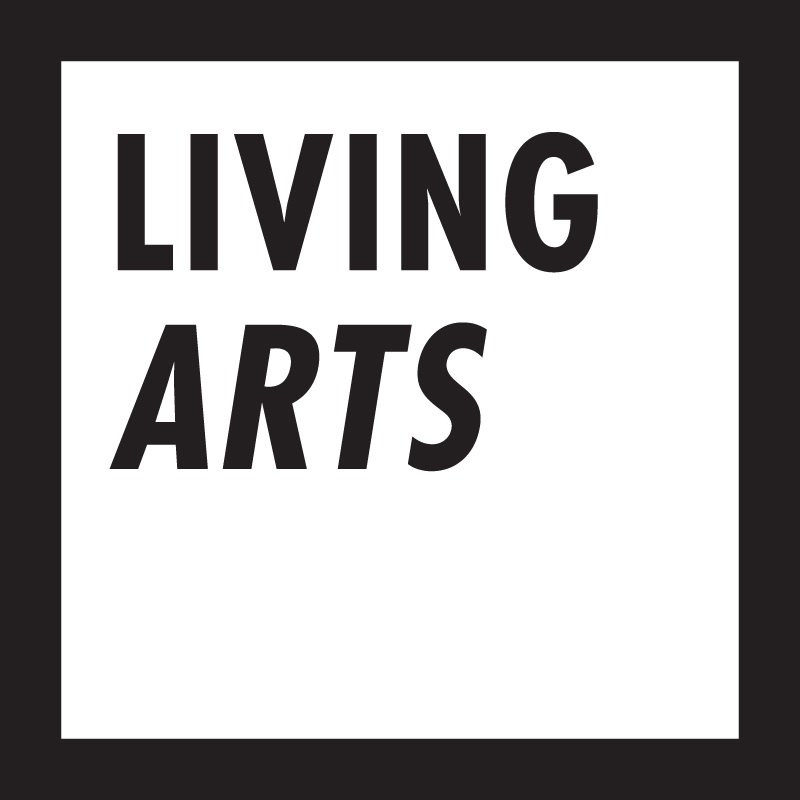Living Arts is a 501(c)3 nonprofit located in the heart of Southwest Detroit. Working at the intersection of art and learning, we provide a wide-range of arts experiences and arts-integrated education to students as young as 3 months (with caregiver participation) through 18 years. Our programming ranges from early childhood education to K-12 in-school artist residencies to robust afterschool arts classes, and more.
Living Arts centers our students and parents/caregivers in everything we do, and we provide ample opportunities for students to both lead and influence our programs. In addition to a formalized Teen Council, Living Arts also maintains a Parent Council. Parents and students are in the best position to articulate their specific needs and concerns, and our community-centric approach also includes Teaching Artists, staff members, Board members, and community members all of whom bring a wide-range of expertise to the organization.
Working at the intersection of art and learning, Living Arts commits to the following fundamental beliefs:
Respect for Young People: Directed by youth voice, we honor the self-determination of young people of all ages and commit to the creation of meaningful exchange based on developmentally appropriate practice.
Respect for Relationships: In community with one another, we remain responsive to the visions that families, organizations, funders, and individuals bring to the work. We commit to co-creation with one another as we grow.
Respect for Artistic Excellence: Knowing that artists are uniquely positioned to develop young people and push challenging boundaries, we demand inquiry around the role of the arts as it intersects with education and community. We commit to the professional development and advancement of the teaching artist profession.
- In our out-of-school arts program, we ensure financial assistance for 94% of our youth
- Living Arts offers professional development opportunities for teaching artists and early childhood educators
- Living Arts also produces a creative professional development interview podcast called "Living in the Arts" - available wherever you get your podcasts!









